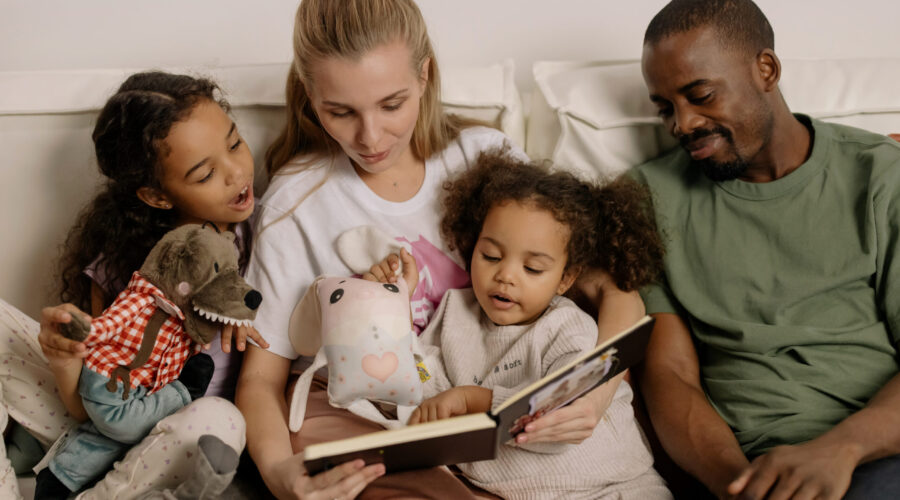Build a strong, healthy parent-child relationship by communicating openly, being present and providing a positive role model.
The relationship between parents and children is one of life's most important bonds. It is essential for the child's growth, development and emotional well-being. This relationship is very complex and requires a lot of effort to keep it healthy and strong. In this article, we'll look at the different dimensions of the parent-child relationship and how to keep it healthy and harmonious.
First of all, it's important to understand that every child is unique and has different needs. Parents need to be able to meet these needs if the parent-child relationship is to remain strong and healthy. Communication is one of the key elements of this relationship. Parents must be willing to listen to their child, to respond to his emotional and physical needs, and to build a relationship of trust with him.
Communication must be open, honest and respectful. Parents must be willing to listen to their child without judgment or interruption. They must also be willing to talk about difficult subjects, such as sexuality, drugs and alcohol, and to provide their child with the information he or she needs to make informed decisions.
Parents must also be present in their child's life. They need to be available for both the difficult and the happy times. Parents need to spend quality time with their child, helping them solve problems and encouraging them to pursue their dreams. Parents also need to show their child that they are proud of them and celebrate their achievements.
It's also important for parents to provide a positive role model for their child. Children learn by imitating their parents' behavior. Parents need to be aware of their own behavior and the impact it can have on their child. Parents need to show their child how to treat others with respect and how to resolve conflicts peacefully.
However, the parent-child relationship is not always easy. Parents can face challenges such as discipline, conflict and behavioral problems. In these difficult moments, it's important for parents to remain calm and take a step back. They can seek help from other parents, mental health professionals or other sources to find solutions to their problems.
Finally, the parent-child relationship is one that evolves throughout life. Children grow and change, and parents must be ready to adapt to these changes. Parents must be prepared to let their children make decisions, and to support them in their choices. They must also be ready to question themselves and change their own behavior if necessary to maintain a healthy relationship.
In conclusion, the parent-child relationship is a complex bond that requires attention, patience and effort to keep healthy and strong. Parents must be willing to communicate openly, be present in their child's life, provide a positive role model and adapt to the changes that occur throughout their child's life. By cultivating a healthy, harmonious parent-child relationship, parents can help their child develop positive self-esteem, the ability to regulate emotions and a sense of responsibility. What's more, such a relationship can help strengthen family ties and create a loving, secure home environment.
It's also important to remember that the parent-child relationship is an ongoing process. Parents aren't perfect and can make mistakes. However, the key is to recognize these mistakes and be willing to correct them. Parents must be open to learning and growing in order to maintain a healthy relationship with their child.
In short, to maintain a healthy, harmonious parent-child relationship, parents must be willing to communicate openly, be present in their child's life, provide a positive role model and adapt to change. By showing love, patience and understanding, parents can help their child grow and develop positively throughout life.



